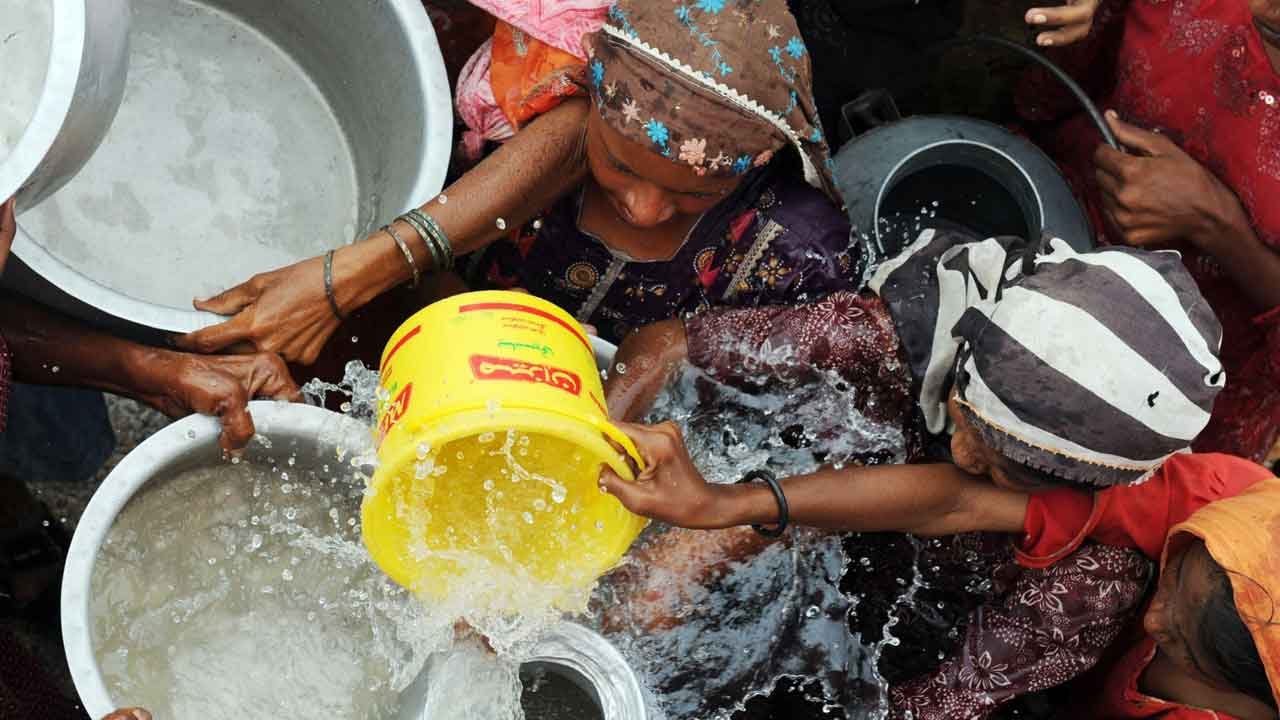On March 22nd, people across the globe celebrated World Water Day, a day dedicated to highlighting the importance of water and the need for sustainable water management practices. Water, the lifeblood of our planet, is essential for human survival, agriculture, energy production, and ecosystem function. However, as the world’s population grows, and climate change worsens, water scarcity is becoming an increasingly urgent issue.
According to the United Nations, over two billion people currently lack access to safe drinking water. This figure is expected to rise as the demand for water increases, and natural water sources are depleted. Water scarcity has far-reaching implications, including health problems, food insecurity, economic impacts, and environmental damage.
Pakistan, a country heavily reliant on its rivers for agriculture, is particularly vulnerable to water scarcity. The country is already experiencing a water shortage, and this is expected to worsen in the coming years. To address this issue, the country has implemented several initiatives aimed at improving water management and conservation, such as building new dams and promoting efficient irrigation practices.
By investing in sustainable water management practices, promoting access to clean water, and combating climate change, we can ensure that the world’s water resources are used wisely and equitably. World Water Day serves as a reminder that we must take collective action to preserve this precious resource for future generations.








